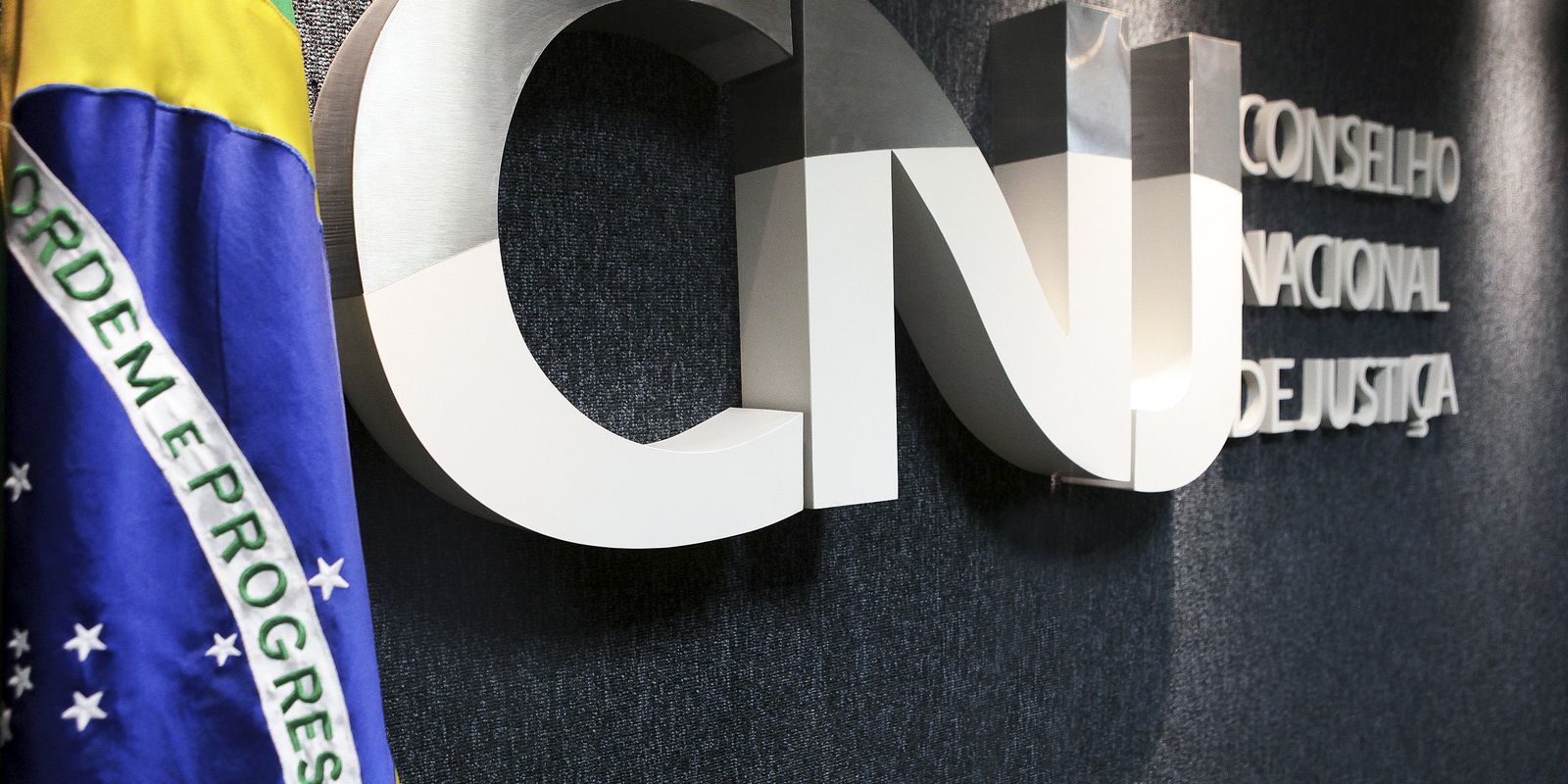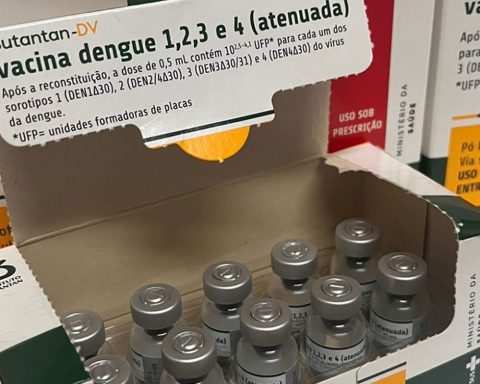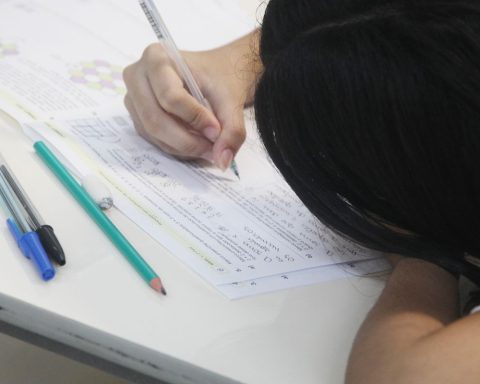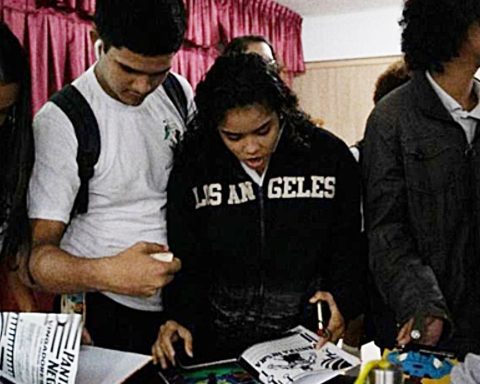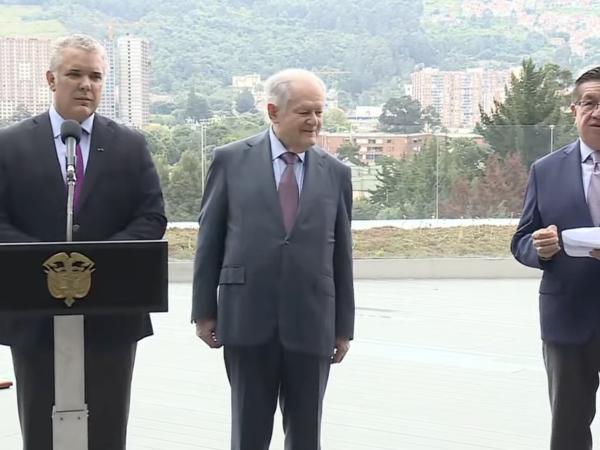A survey released last week by the National Council of Justice (CNJ) established suggestions for protecting children in the context of marital separation proceedings. During the process, children are exposed to feelings of abandonment, in addition to possible psychological trauma and situations of parental alienation. 
According to the Child Protection research in the Dissolution of the Marital Society, developed in partnership with the United Nations Development Program (UNDP), the conclusions will allow the improvement of strategies for the protection of children in early childhood.
After analyzing the data, the survey suggests to the Judiciary the adoption of projects aimed at the specific assistance of families in cases of high litigation to preserve the physical and emotional safety of children, the expansion of the offer of mediators to act in family causes and the training of multidisciplinary teams for the hearing of minors.
The conclusions were drawn from the analysis of 2.5 million divorce cases between 2015 and 2021.
The data show that the number of litigious separations represented 45.88% (1.1 million) of the total. Consensual separations were 49.18% (1.2 million). The remainder represents dissolutions of stable unions (2.52%) and others not classified by the survey (3.93%).
Within the total of litigious separations, only 0.3% of the total involves parental alienation.
The fight against parental alienation was inserted in the legislation through Law 12.318/2010. The norm defined that the behavior is characterized by the interference in the psychological formation of the child or adolescent by the parents, grandparents or by whoever is in the custody of the minor, to disqualify the other parent.
Examples of parental alienation are making it difficult for the child to contact the father or mother, omitting information about the child’s life, filing a false report and moving to another city to make coexistence difficult.
